Members of the community gathered to celebrate the knowledge, culture, and acceptance displayed by the El Paso Museum of History’s new exhibition, Dualidad: Indigenous Gender Identity in the American Southwest and Mexico on March 28.
According to a press release by the City of El Paso,“Dualidad is a look into the Southwestern United States and Mexican Indigenous tribes, and their connection to community members who identify as gender-nonconforming including the concepts of individuals possessing both male and female identities,”
The exhibition exclusively showcases tribes such as the Hopi, Zuni, Navajo (Diné), Apache, Laguna, Acoma, Aztecs (Mexica), Rarámuri, and Zapotec.
Each tribe has recognized and respected two-spirited and third-gender individuals for centuries. These individuals took on essential community roles and were often regarded with high esteem in terms of decision-making processes within the tribes.
Over time, colonization resulted in the neglect and suppression of these cultural identities and the infliction of Western beliefs of the gender binary. The once sacred Indigenous two-spirited peoples endured homophobic and transphobic ideals of western colonizers for years to come.
After decades of cultural erasure, Dualidad is helping Indigenous individuals who identify as trans and nonbinary to reclaim their heritage and revive the cultural norms of their ancestors.
Luna Fernando, a trans indigenous artist from Laguna, New Mexico says this exhibit is important to her because it helps educate the community about the queer experience.
“We’ve been here for a long time. It’s shown throughout the exhibit that our existence and our identity has always been a part of life,” Fernando said. “In order for us to grow and come back to that way of living, we need to showcase it and let it be known.”
Fernando says her journey as a trans indigenous woman has been fulfilling and has given her the opportunity to learn what it means in her eyes to be a woman.
“It’s been everything, but I’m very grateful because I feel like I have a really great support system,” Fernando said. “I feel like a woman when I’m creating, living every day and existing, and I feel like a woman when I’m loving the people around me, so it’s been very fulfilling.”
Fernando created two dresses for the display; a traditional Laguna ceremonial dress and another which featured a modern twist on the traditional gown.
“I wanted to do a modern take on what I would see us as indigenous people wearing,” Fernando said.
For women like Quetzaly Segovia, the Dualidad exhibition has allowed her to reconnect with her indigenous identity and has given her the chance to heal.
“I medically started transitioning about two years ago, and I was feeling a lot of heartache based on the current climate surrounding trans issues,” Segovia said. “I felt like me reconnecting was important for me to go back to my roots and see historically what my people have believed.”
As the curatorial associate for the El Paso Museum of History, Segovia says this exhibition is important to her and the community because it helps others to learn more about queer history.
“I think the argument is that we have always been here, and I think it’s important for people to come see the show because queer history is history period,” Segovia said. “As someone that is 28 years old, it took me a little bit to accept my gender identity and I feel like this can really help others that have the same struggles I had.”
The director of the museum, Erica Marin, the exhibition has been close to a year in the making. Marin hopes the exhibition will bring love, empathy, and awareness to the El Paso community.
“This exhibition is really important because LGBTQ+ individuals have been historically marginalized and there is a misconception that queer identity is new or contemporary,” Marin said.
Dualidad: Indigenous Gender Identity in the American Southwest and Mexico is located on the second floor of the El Paso Museum of History in gallery D. The exhibition will be on display through March 2025.
Alyda Muela is a contributor and may be reached at [email protected]; @aly.rose.photos on Instagram.

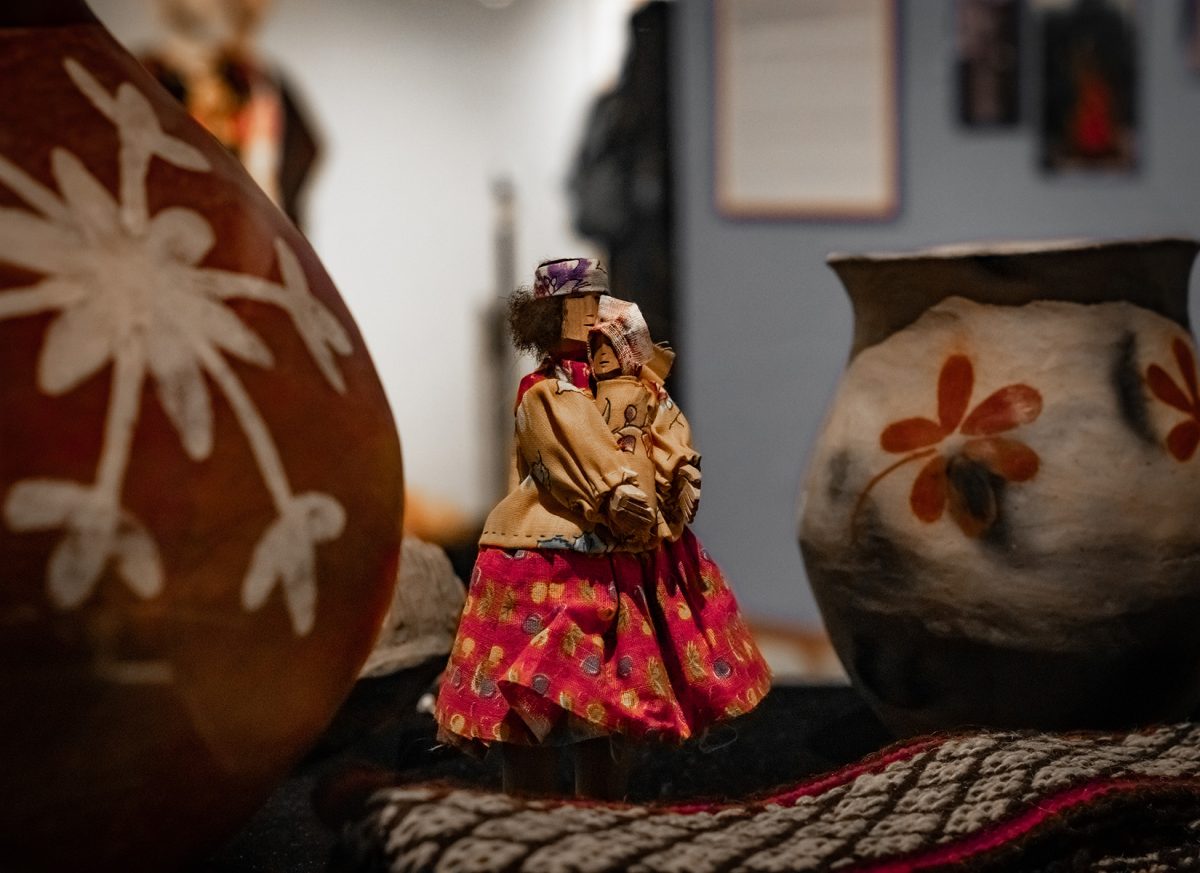

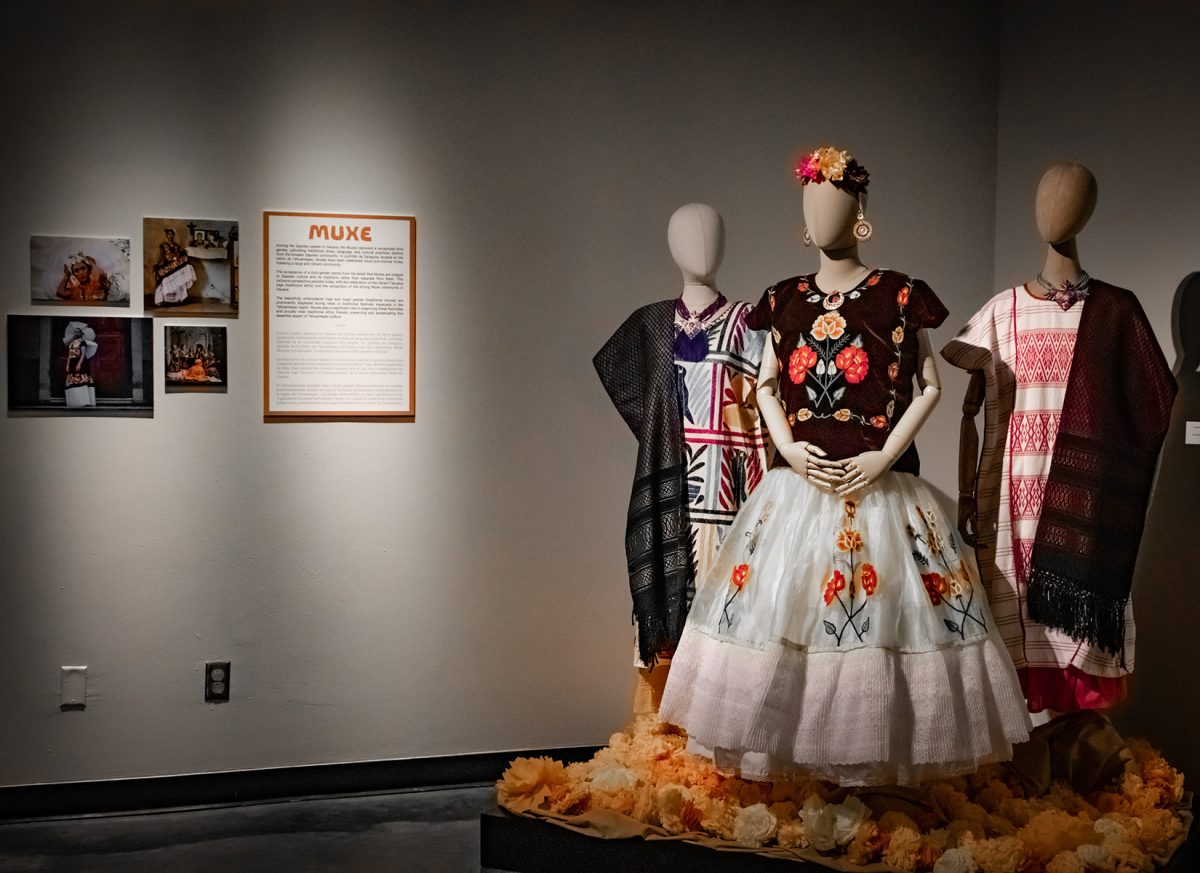
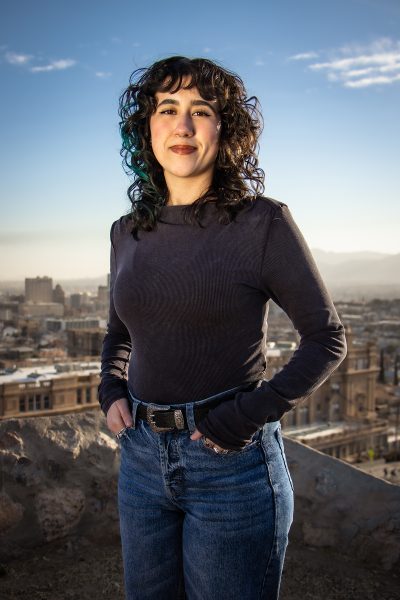
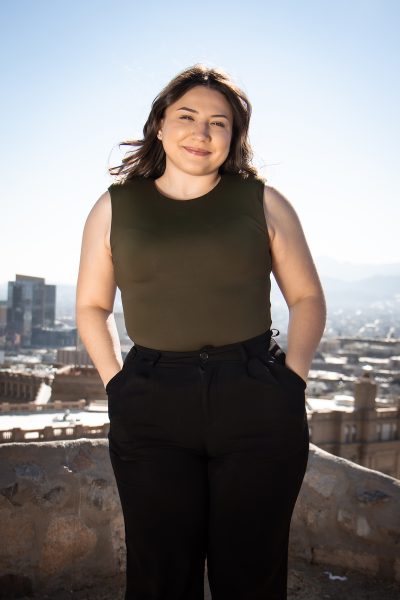
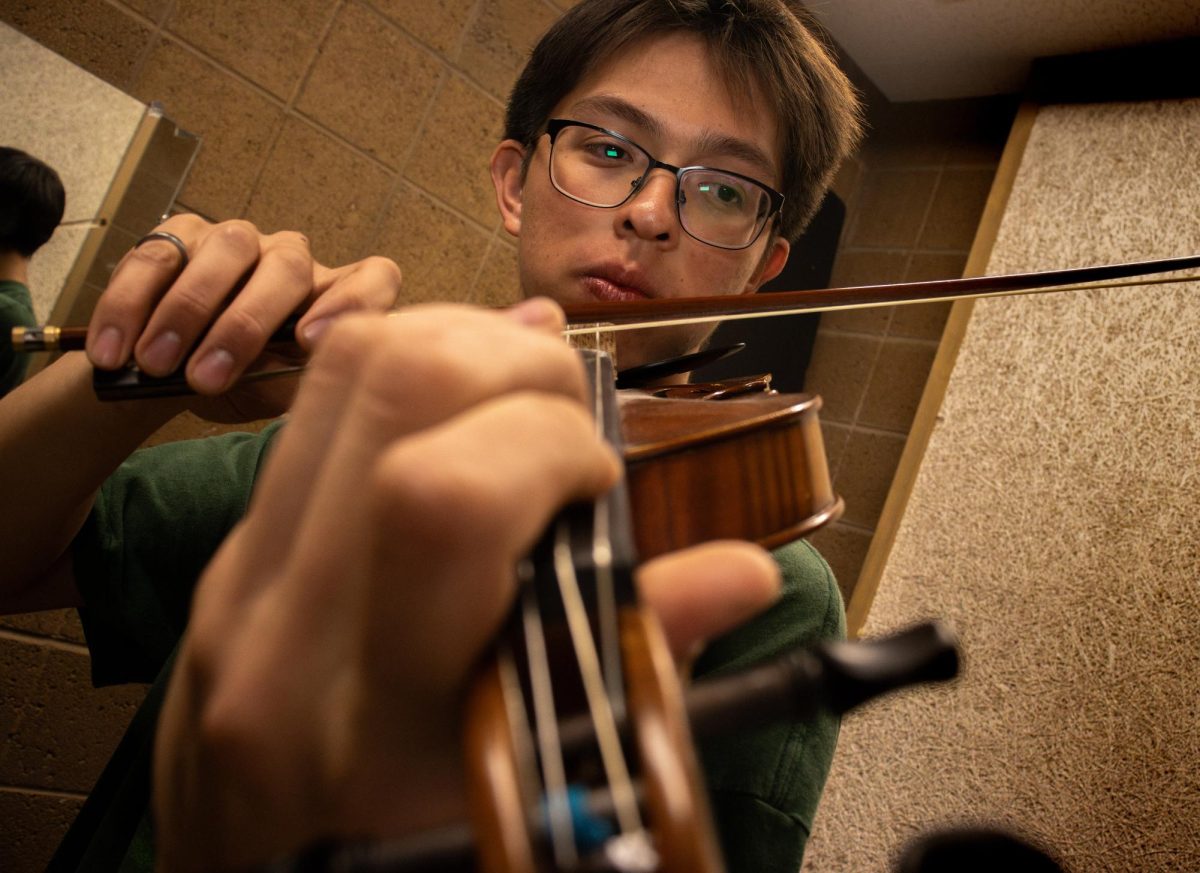
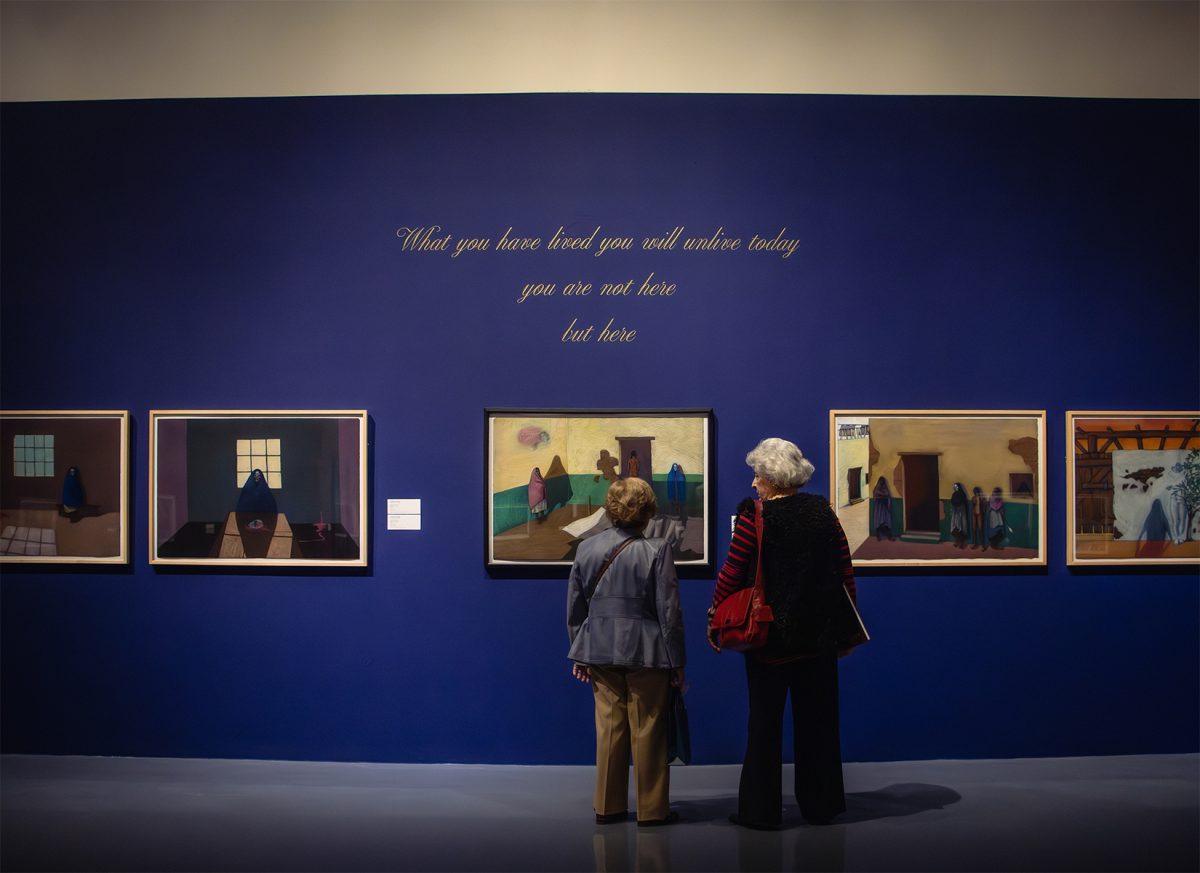
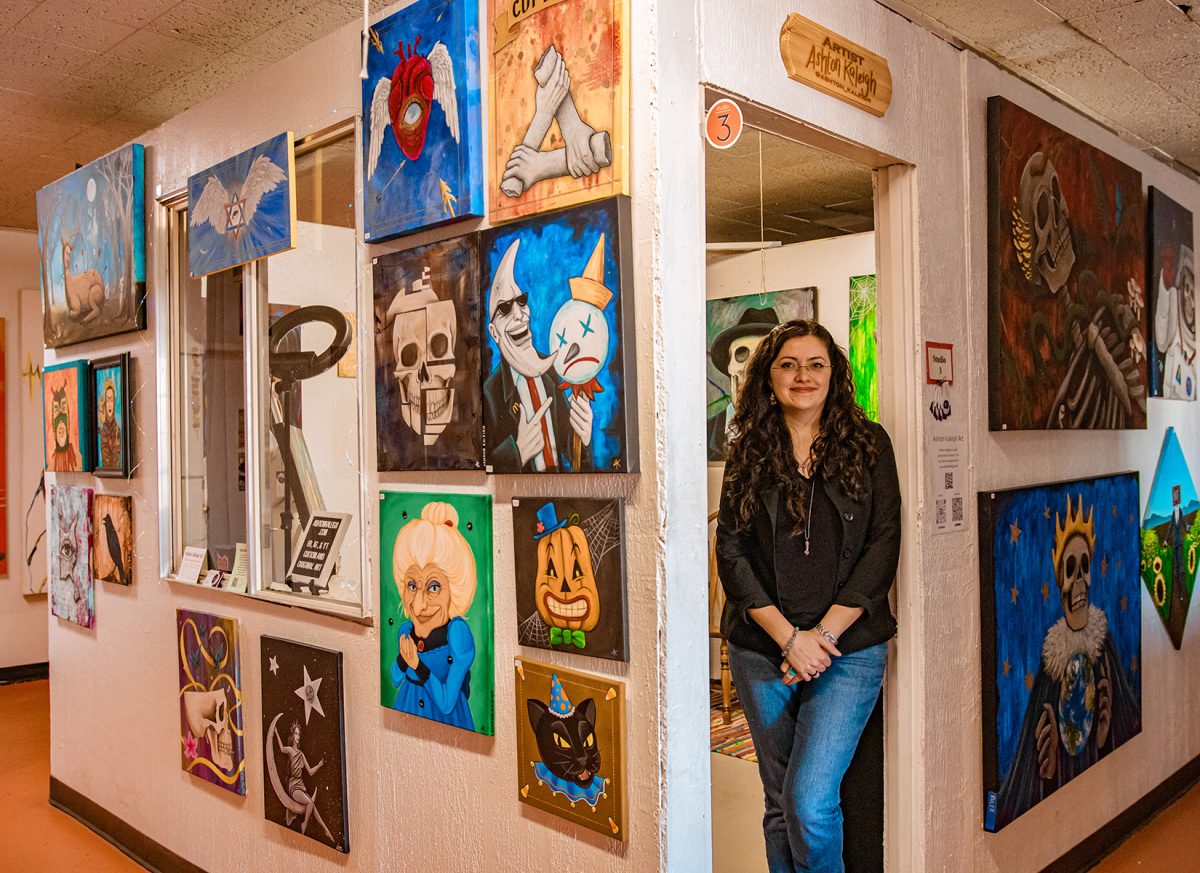
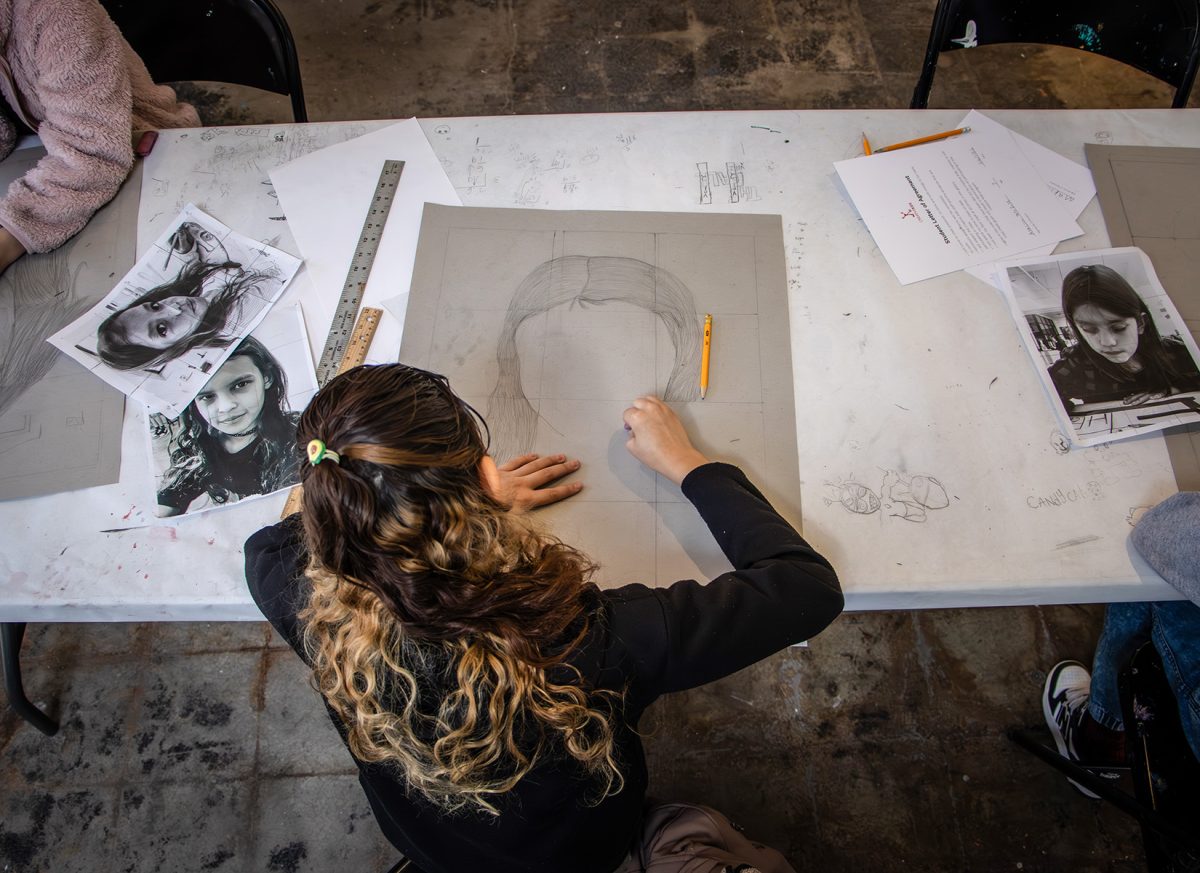
Jacob Estrada • Apr 11, 2024 at 1:50 PM
Love articles like this! Very informative provides names, dates, and is amazingly written 🙏 Quotes from the interviewed were very beautiful and felt so personal. Amazing Article!